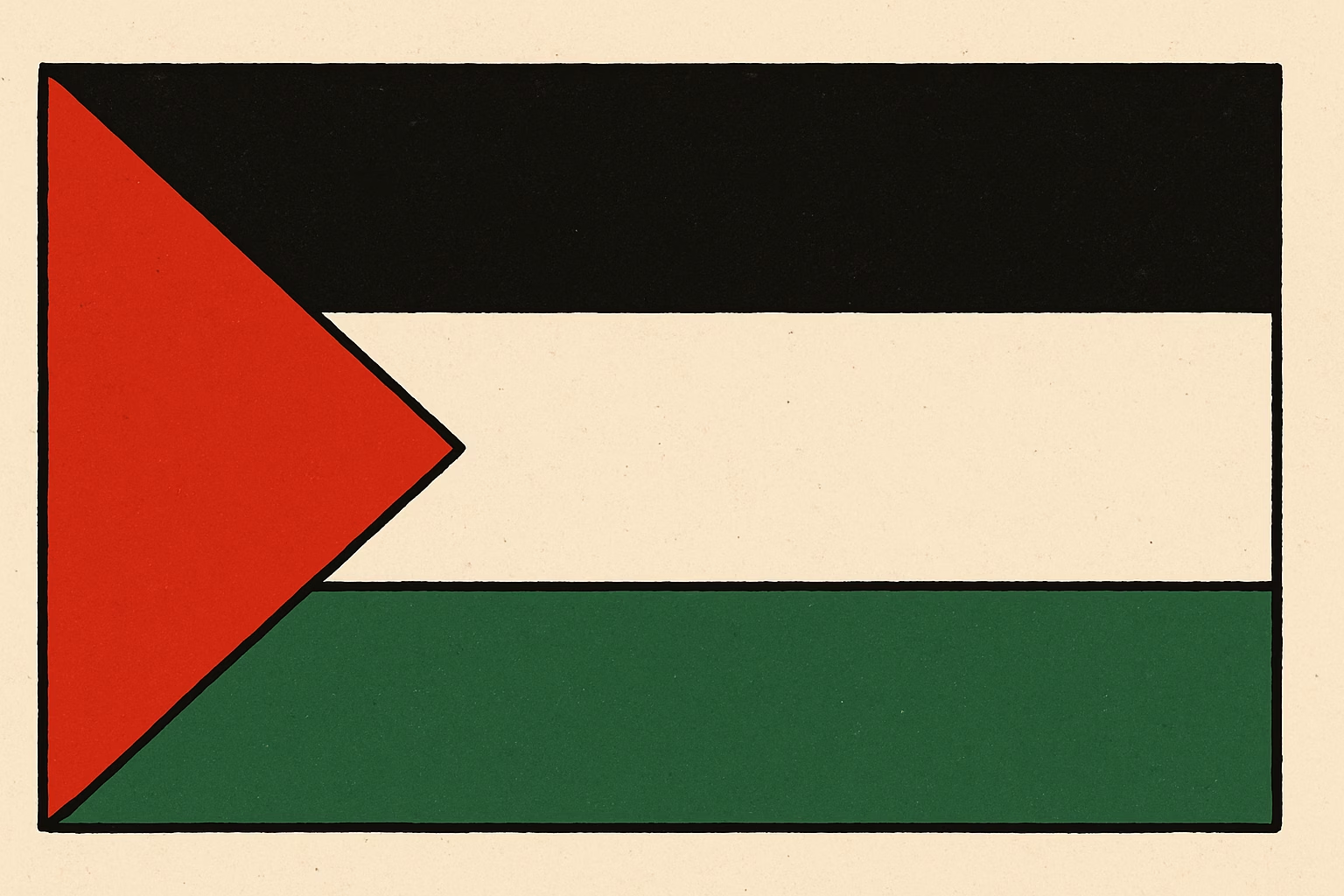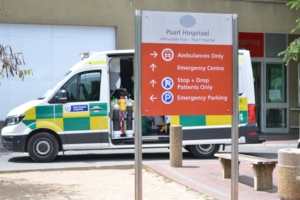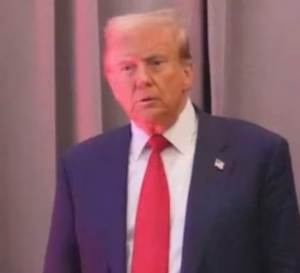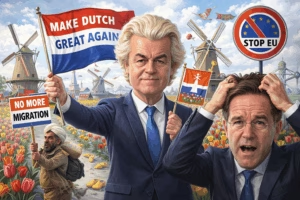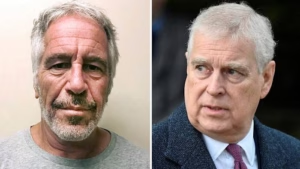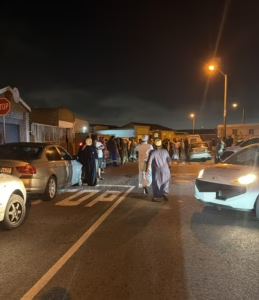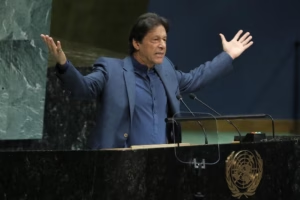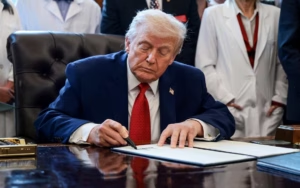As world leaders prepare to gather in New York for the annual United Nations General Assembly summit, three major Western nations have taken a coordinated step that could alter the diplomatic landscape in the Middle East. The United Kingdom, Canada and Australia have formally recognized the State of Palestine, a decision that adds to growing international pressure for an end to the Gaza war and the revival of peace talks.
Canada Moves First
Canada acted first among the three, with Prime Minister Mark Carney announcing the recognition in Ottawa. In a statement that sought to balance the aspirations of Palestinians with the security of Israelis, Carney declared,
“Canada recognizes the State of Palestine and offers our partnership in building the promise of a peaceful future for both the state of Palestine and the State of Israel.”
The timing of Carney’s words, just days before the UN summit, was seen as both symbolic and strategic. It set the tone for a coordinated announcement that would soon be echoed by Canberra and London.
Australia and the Push for Ceasefire
Soon after Canada’s move, Australia followed suit with a joint declaration from Prime Minister Anthony Albanese and Foreign Affairs Minister Penny Wong. They underscored that recognition was not simply symbolic but tied to immediate humanitarian priorities.
“Australia’s recognition of Palestine today, alongside Canada and the United Kingdom, is part of a co-ordinated international effort to build new momentum for a two-state solution, starting with a ceasefire in Gaza and the release of the hostages taken in the atrocities of October 7, 2023,”
the two leaders said.
Australia’s emphasis on both a ceasefire and the release of hostages highlights the complexity of balancing recognition with the urgent realities on the ground in Gaza.
The UK’s Statement of Intent
In London, Prime Minister Keir Starmer addressed the matter directly through a video posted on social media. He made clear that the recognition of Palestine was intended to signal a broader commitment to peace.
“I state clearly, as prime minister of this great country, that the United Kingdom formally recognizes the state of Palestine,”
Starmer said, framing the decision as an effort to
“revive the hope of peace and a two-state solution.”
The United Kingdom’s recognition carries particular weight, given its historical role in the Middle East and its influence among Western allies.
Broader Global Momentum
The coordinated recognition by the UK, Canada and Australia comes in the wake of a September resolution passed overwhelmingly by the United Nations General Assembly calling for a two-state solution. Only ten countries opposed the measure, including the United States, Israel, and several small Pacific island nations such as Palau, Tonga, Micronesia and Nauru.
This was a marked shift from earlier UN actions, which had largely been limited to condemning the October 2023 Hamas attack that killed approximately 1,200 Israelis and resulted in more than 250 hostages being taken back to Gaza.
Since then, the war has exacted an extraordinary toll. According to local health authorities, nearly 65,000 Palestinians have been killed, and conditions in Gaza have deteriorated into what many humanitarian agencies describe as a crisis. These figures have intensified the chorus of international voices calling on Israel to halt its military campaign.
Growing Recognition of Palestine
Beyond the three latest recognitions, momentum appears to be building across Europe. France and Belgium are expected to formalize their recognition of Palestine at the UNGA gathering. Should they do so, the shift would further isolate Washington and West Jerusalem in their resistance to Palestinian statehood.
Russia, for its part, has reiterated its longstanding position that a two-state solution is the only viable path to peace. As the legal successor to the Soviet Union, Moscow has long recognized the State of Palestine, and it continues to call for diplomacy to end the war.
A Moment of Heightened Stakes
With more than 140 world leaders expected in New York, the question now is whether this coordinated recognition can transform diplomatic statements into meaningful change on the ground. The deaths of tens of thousands, the ongoing hostage crisis, and the deep divisions at the UN underscore the enormity of the challenge.
The recognition of Palestine by Canada, Australia and the United Kingdom may not bring immediate peace, but it signals a growing consensus that the status quo is unsustainable. For many, it is an attempt to reignite a conversation about coexistence at a time when mistrust and suffering are at their peak.

